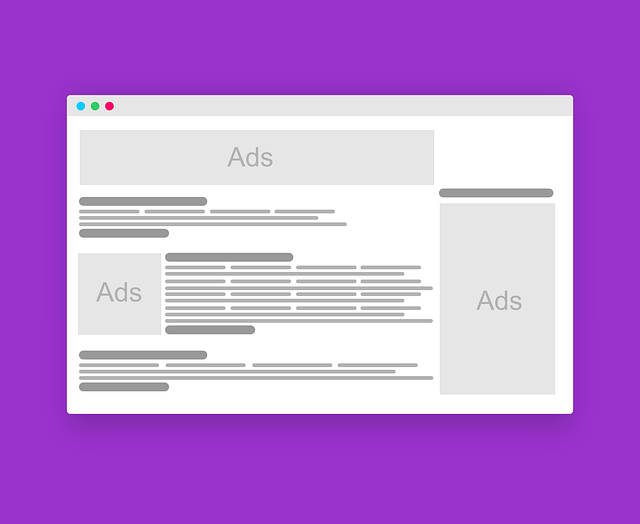AI coaching is transforming auto repair shops, boosting profitability through optimized operations and enhanced customer service. By leveraging AI technologies like automated scheduling, quick diagnostics, and personalized recommendations, shops can streamline routine tasks, focus on complex repairs, and improve response times with AI chatbots. AI analytics provide valuable insights into customer behavior, enabling targeted growth strategies. AI coaches, powered by historical data, predict common repairs, optimize inventory, reduce downtime, and increase satisfaction. Implementing AI in automotive customer service, focusing on training diverse real-world repair data and continuous learning, enhances profitability while maintaining a hybrid approach that complements human agents for faster issue resolution without sacrificing personalization.
In today’s competitive automotive landscape, enhancing customer service is key to driving shop profitability. Artificial Intelligence (AI) offers transformative strategies to elevate auto shop experiences. This article explores how AI coaching can streamline operations, improve efficiency, and boost revenue. We delve into effective integration techniques, training methods, and real-world examples demonstrating the impact of AI on automotive services, ultimately guiding shops toward maximizing their potential with AI coaching for improved profitability.
- Understanding AI's Role in Enhancing Auto Shop Customer Service
- Implementing AI Coaching for Improved Repair Shop Profitability
- Key Strategies for Effective AI Integration and Training in Automotive Services
Understanding AI's Role in Enhancing Auto Shop Customer Service

Artificial Intelligence (AI) is transforming the automotive industry, and its impact on customer service is undeniable. By leveraging AI technologies, auto shops can significantly enhance their interactions with clients, leading to improved satisfaction and loyalty. AI coaching systems can act as powerful tools to streamline operations and boost profitability. These intelligent solutions automate routine tasks, such as scheduling appointments, providing quick diagnostics, and offering personalized recommendations based on vehicle history.
With AI, auto shop staff can focus more on complex repairs and customer engagement. AI chatbots, for instance, can handle initial customer inquiries, offer immediate support, and guide clients through the service process. This not only improves response times but also ensures consistent information delivery. Moreover, AI analytics can provide valuable insights into customer behavior, helping shops tailor their services to meet specific needs, ultimately driving business growth and ensuring long-term success in a highly competitive market.
Implementing AI Coaching for Improved Repair Shop Profitability

Implementing AI coaching systems in automotive shops can significantly boost profitability by streamlining operations and enhancing service quality. These intelligent tools learn from vast datasets, providing repair technicians with real-time insights and guidance during complex tasks. By offering step-by-step instructions, AI coaches can ensure consistent and accurate repairs, reducing the likelihood of costly mistakes.
Moreover, AI coaching systems can analyze historical data to identify patterns and trends in common repairs, enabling shops to stock more efficient inventory levels. This predictive capability minimizes downtime and increases customer satisfaction by expediting service times. With AI-driven insights, automotive businesses can optimize their workforce, processes, and resources, ultimately leading to improved financial performance and a competitive edge in the market.
Key Strategies for Effective AI Integration and Training in Automotive Services

Implementing AI in automotive customer service is a game-changer for shops looking to boost profitability and efficiency. Key strategies for effective integration involve training AI models on diverse, real-world data specific to auto repair, ensuring accurate diagnosis and solution recommendations. This includes teaching the AI about various vehicle makes and models, common issues, and industry-standard repairs. Continuous learning and updates are crucial, as the automotive landscape evolves rapidly with new technologies and advancements.
AI coaching should also focus on enhancing human-AI collaboration rather than replacing human agents entirely. Training staff to interact with AI effectively, using natural language processing for example, can lead to quicker issue resolution while still maintaining a personalized customer experience. This blend of AI automation and human expertise ensures optimal shop profitability by streamlining processes without compromising service quality.
AI has the potential to transform automotive customer service, with strategies like AI coaching proving instrumental in enhancing efficiency and boosting repair shop profitability. By implementing these key practices, including effective integration and training, auto shops can leverage AI’s capabilities to provide faster, more accurate services, ultimately improving customer satisfaction and fostering long-term loyalty. AI coaching for auto repair shop profitability is not just a trend but a necessary step towards staying competitive in the digital age.
